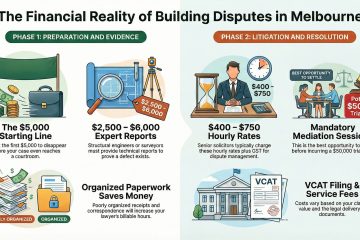Lawyers are employed by various organizations. Some work for themselves in private practice and earn a regular income; others work for government agencies or non-profits.
New York firms are fiercely competitive, with leading “White Shoe” firms often drawing the best law students from universities around the country. Yet workplace culture varies considerably among firms.
Government
Government lawyers specialize in representing local governments on both the state and local levels for county or municipal agencies, district attorneys’ offices or as public defenders. At the federal level they may represent executive, legislative and judicial branches as well as independent bodies such as Securities Exchange Commission or National Labor Relations Board.
One recent graduate praised working for the government as one of the greatest advantages: “You get substantive work from day one.” Additionally, federal agencies often offer an impressive variety of legal positions ranging from those requiring a law degree (such as attorneys and law clerks ) to non-law degree holders such as paralegals, contact representatives and policy analysts.
Many states and municipalities offer fellowship or honors programs as a steppingstone into government legal work for 3Ls and clerks. These one- to three-year programs give students an opportunity to explore specific areas of law within government context.
Non-profit
The nonprofit sector encompasses religious institutions, public schools, health clinics and hospitals, public charities, amateur sports organizations, political clubs and activist groups, labor unions, legal aid societies, research institutes and museums as well as some governmental agencies.
Lawyers working for nonprofits often face complex transactional projects with tight schedules and resources, often necessitating flexibility when it comes to schedules, resources and the scope of work. Their legal services may provide advocacy for social justice or civic engagement as well as legal support to underprivileged individuals or communities while simultaneously contributing to local economic development efforts.
Nonprofit attorneys may work at law firms or as solo practitioners. While the skills required of successful nonprofit lawyers will differ depending on their legal experience and specialization, traits like real estate matters, contract review and negotiation, corporate structuring, tax-exempt organization law and/or transactional work are generally beneficial. A commitment to community service may also be important: nonprofit lawyers might offer client intake screening, coordinate pro bono legal projects or offer limited scope consultations as services provided by nonprofit lawyers.
Solo Practice
If your boss is unpleasant and finding work impossible, solo practice might be your answer. Additionally, launching a solo practice because you have an interest in criminal law might also be possible; or maybe estate planning would suit better with its emphasis on detail-oriented work with caring clients.
As part of starting up a solo practice, it is essential that you are equipped with all of the right tools. Cloud-based legal software is an effective solution for meeting scheduling, hourly billing and trust accounting – saving both time and money on administrative tasks that would otherwise need to be performed manually. Also important: investing in insurance now could save on legal fees in the future.
Firms
Law firms vary in size and specialty. Each may specialize in one area of law such as corporate, family, employment, environmental, intellectual property or criminal litigation – although large firms with hundreds or even thousands of attorneys often boast higher prestige and salaries associated with them.
Many law school graduates pursue employment with top-ranked, most “prestigious” firms after they graduate. Although prestige may be relative, it’s essential that you find one that meets both your work style and practice interests.
Most large firms feature structured hierarchies with well-defined opportunities and milestones for progression from summer associate to junior associate, senior associate and partner. Non-equity partners typically receive fixed salaries and benefits while equity partners file Schedule K-1 tax forms to report profits and share in firm management; non-equity partners typically perform legal work while equity partners manage business by bringing clients and revenue; law firm profitability is measured using profits per equity partner (PPP) or revenue per lawyer (RPL), with paralegals and secretaries performing administrative tasks such as filing documents or scheduling meetings.


